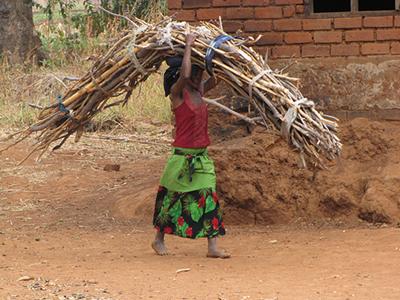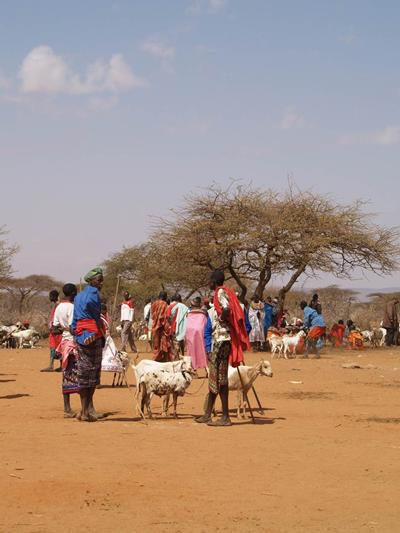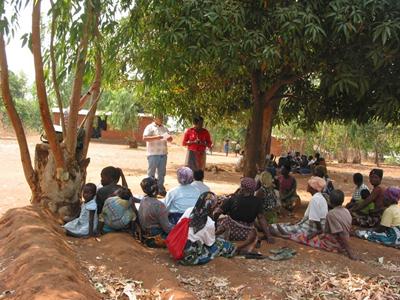In this situation, trade-offs between different users of ecosystem services are inevitable. Thus, global users may value tropical forests as a source of biodiversity and a carbon sink, while local people can only survive by clearing the forest for agriculture. In order to better manage these trade-offs we need to understand and quantify the linkages between ecosystem services. For example, how much water can be extracted upstream for irrigation before it affects the quality of drinking water for downstream users? And how do different types of farming compare in terms of their impacts on bird populations?
These relationships are highly dynamic. Not only do they vary between seasons and from year to year, but they also vary across spatial scales. Furthermore, the producers of the service (e.g. forest managers) may not be the same as the beneficiaries (e.g. urban residents). To address this complexity, we take a highly interdisciplinary approach, involving biophysical and social scientists from across the university and in many partner institutions around the world.
Our researchers are active in many developing countries where rural populations are directly dependent on natural ecosystems for their livelihoods. For example, we are engaged in understanding how ecosystem services contribute to food security at the forest-agriculture interface where some farmers may benefit from converting forest to agriculture, while the landless poor may depend on access to the forest to harvest wild foods. We also work in densely populated river deltas where the wellbeing of the poor is under threat from unreliable supplies of clean water, increasing salinisation of soils and arsenic-contaminated groundwater, as well as subsidence and sea-level rise. Research with African pastoralists has shown how changes in herd management can reduce conflict with wildlife and increase benefits from cultural ecosystem services like ecotourism.
Our work also seeks to highlight the continued reliance of more developed societies on ecosystem services, for example, the role of front gardens in reducing the risk of flooding in Southampton, the importance of urban green spaces for people's wellbeing, and the need for shade along river banks to provide appropriate spawning temperatures for economically important trout fisheries in the UK. By identifying these benefits and their value to society, we provide some of the information needed to improve resource management.
With the aim of contributing to fair and equitable trade-offs, we are studying the impacts of different institutional arrangements on the management of ecosystem services. And throughout we engage closely with policy-makers to enable them to better understand the effects of their decisions on people's livelihoods.



